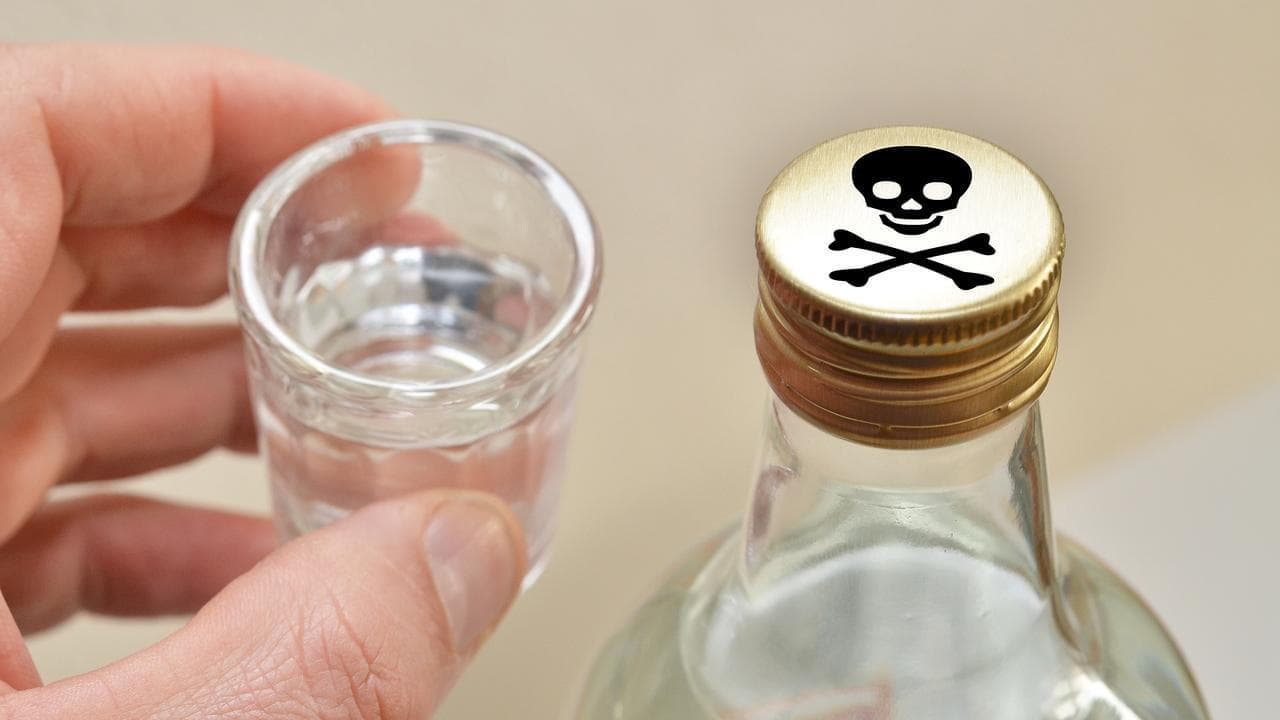WHAT WAS CLAIMED
You can't vaccinate against respiratory diseases.
OUR VERDICT
False. Vaccines have been proven effective against respiratory diseases over many years.
An Australian vaccine sceptic claims "you can't actually vaccinate" against respiratory diseases because the vaccines are "bypassing the oral-nasal" region.
But experts say the claim is false. Injected vaccines have proven effective against respiratory diseases including influenza and COVID-19. Vaccines prompt an immune response that sends antibodies to the infected area of the respiratory tract.
The claim was made by Elizabeth Hart in a Facebook video discussion published on September 12 (video mark 34min 47sec).
Ms Hart based her comments on previous claims by Australian former immunologist Edward J. Steele that intramuscular vaccines injected into the arm were incapable of activating immunity in the upper respiratory tract where coronavirus develops (video mark 1min 20sec).
Associate Professor Nathan Bartlett, head of the viral immunology and respiratory disease group at the Hunter Medical Research Institute, told AAP FactCheck the claims were baseless.
"The statement 'you can't vaccinate against respiratory diseases' is inaccurate as it fails to appreciate the spectrum of respiratory diseases," Dr Bartlett said in an email.
"Vaccines injected into the arm stimulate systemic immunity which is very good at preventing severe respiratory (lung) disease.
"Influenza and COVID vaccines injected into the arm have saved millions of lives by protecting against an otherwise fatal respiratory disease."

Associate Professor Helen Petousis-Harris, a vaccine expert at the University of Auckland, told AAP FactCheck that injected vaccines work against infections by generating antibodies that migrate to the infected tissue.
COVID-19 mRNA vaccines, for example, induce antibodies found in the respiratory system and saliva, Dr Petousis-Harris said in an email.
"The reason that vaccines given as injection are effective against infections that enter through the respiratory route is firstly, the type of antibody found in mucosal membranes such as those found in the respiratory system (IgA) can be generated via injection," she said.
"(Secondly) when the body detects an infection in the respiratory system it alerts the immune memory generated by the vaccine. The immune response that ensues includes cells and antibody that migrate to the infected tissue.
"It is a very peculiar claim given that injectable vaccines against respiratory infections have been used very successfully for around 100 years."
Dr Larisa Labzin, a viral immunologist and researcher with the University of Queensland, pointed to "highly effective" influenza, measles and COVID-19 shots as proof that vaccines work.
"The only reason we need boosters each year is the emergence of variants or mismatches between circulating strains (in the case of flu). Otherwise, the immunity we get through the muscular injection is good and protective," she said.
The effectiveness of COVID-19 vaccines has waned significantly since their global rollout in 2021. However, this July 2022 Australian study found that modifying booster shots to tackle new variants could increase vaccine effectiveness by around 50 per cent.
Dr Labzin said nasal COVID-19 vaccines may prove to be a better "rapid response" for infections in the respiratory tract than injected vaccines because they go directly to the site of the infection to stimulate mucosal antibodies that aren't stimulated well by intramuscular vaccines.
However, it is not yet clear if nasal spray vaccines will work against COVID-19, she said.
"Being vaccinated (through injection) is still the best and safest protection against severe disease. One day in the future we'll hopefully have broad-spectrum vaccines that can be administered intra-nasally so we can also block transmission," Dr Labzin said.
Dr Petousis-Harris agreed that the effectiveness of nasal COVID-19 vaccines has not yet been proven.
"Vaccines given intranasally might have an advantage for some types of respiratory infections. Intranasal influenza vaccine has been used in children for many years," she said.
"It is yet to be demonstrated if an intranasal COVID-19 vaccine will have significant benefits over injectable vaccines."
The Verdict
The claim that injected vaccines do not work against respiratory illnesses is incorrect. Multiple experts confirmed to AAP FactCheck that injected vaccines have proven effective against a range of respiratory illnesses over many years.
False - The claim is inaccurate.
AAP FactCheck is an accredited member of the International Fact-Checking Network. To keep up with our latest fact checks, follow us on Facebook, Twitter and Instagram.












